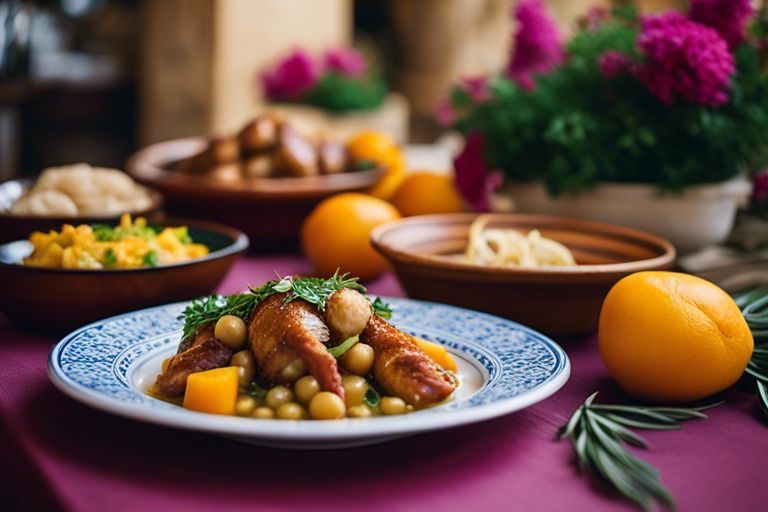The Evolution of Maltese Cuisine

Most people may not be familiar with Maltese cuisine, but this small Mediterranean island has a rich gastronomic history that has evolved over the centuries. Influenced by various cultures including Italian, French, Arabic, and British, Maltese cuisine has developed a unique blend of flavors and ingredients that reflect the island’s diverse heritage.
One of the key elements of Maltese cuisine is the use of fresh and locally sourced ingredients. The island’s fertile soil and temperate climate allow for an abundance of fruits, vegetables, and herbs to grow, which are then used in many traditional dishes. Seafood also plays a significant role in Maltese cuisine, with fresh fish like tuna, swordfish, and octopus being popular choices.
Maltese cuisine is known for its hearty and rustic dishes that are often full of flavor. One iconic dish is fenkata, a rabbit stew that is considered a national delicacy. Another popular dish is pastizzi, flaky pastry filled with either ricotta cheese or mushy peas. Maltese bread is another staple in the local diet, with its crusty exterior and soft interior making it perfect for dips and spreads.
Over the years, Maltese cuisine has also been influenced by the various conquerors and rulers of the island. The Arabs introduced ingredients such as almonds, dates, and spices, while the Italians brought pasta and tomato-based sauces. The British influence can be seen in dishes like fish and chips, a popular takeaway option in Malta.
Despite these foreign influences, Maltese cuisine has managed to retain its unique identity and flavors. Traditional dishes are still widely enjoyed, especially during religious festivals and celebrations. One such example is ftira, a flatbread topped with tomatoes, olives, capers, and tuna, which is often served during the Feast of St. Peter.
In recent years, there has been a growing interest in Maltese cuisine both locally and internationally. Chefs and food enthusiasts are rediscovering traditional recipes and putting modern twists on classic dishes. This culinary revival has put Maltese cuisine on the map and has made it a must-try for those looking to explore the flavors of the Mediterranean.
Overall, the evolution of Maltese cuisine is a testament to the island’s rich history and cultural diversity. By blending traditional recipes with modern influences, Maltese chefs are creating a culinary experience that is both unique and exciting. Whether you’re a food lover or a curious traveler, exploring Maltese cuisine is a delicious journey through centuries of tradition and innovation.
FAQ:
What is a key characteristic of Maltese cuisine?
Maltese cuisine is known for its use of fresh, locally sourced ingredients and a blend of flavors influenced by Italian, French, Arabic, and British cuisines.
What are some iconic dishes in Maltese cuisine?
Iconic Maltese dishes include fenkata (rabbit stew), pastizzi (flaky pastry with ricotta cheese or mushy peas), and ftira (flatbread with various toppings).
How has Maltese cuisine been influenced by other cultures?
Maltese cuisine has been influenced by various cultures due to historical conquests. The Arabs introduced ingredients like almonds and spices, the Italians brought pasta and tomato sauces, and the British influence is seen in dishes like fish and chips.
What role does seafood play in Maltese cuisine?
Seafood is significant in Maltese cuisine, with fresh fish such as tuna, swordfish, and octopus being popular choices due to the island’s proximity to the Mediterranean Sea.
Why has there been a growing interest in Maltese cuisine recently?
There is a growing interest in Maltese cuisine due to chefs and food enthusiasts rediscovering traditional recipes and creating modern twists on classic dishes, which has brought international attention to Maltese gastronomy.
Recommended Posts

Family Fun in Malta – Activities for Kids of All Ages
June 20, 2024

Romantic Getaways in Malta – Perfect Spots for Couples
June 19, 2024

Wildlife Watching in Malta
June 19, 2024



